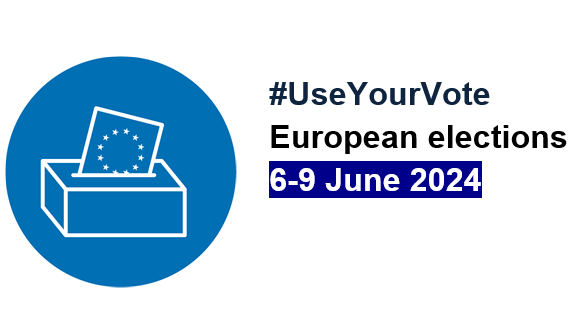
Madrid, 21 March 2024. The Ministry of Social Rights, Consumer Affairs and Agenda 2030 has published a 'Sustainable Communication Guide' which, under the title "How to include environmental information in your strategies and campaigns", offers detailed information to identify greenwashing as well as the legislation that regulates this matter. According to the Secretary General for Consumer Affairs and Gambling, Bibiana Medialdea, this guide aims to provide citizens and companies with a useful tool to facilitate the development of appropriate sustainable communication policies. To this end, it provides the keys on how to include correct environmental information in commercial strategies and campaigns so that consumers can choose products that allow them to move towards more sustainable consumption.
Good practice for environmental claims
- Clear, simple and specific language. Avoid using general concepts.
- Relevant and useful information.
- Do not hide information.
- Up-to-date information.
- Fair comparative claims.
- Information supported by studies.
- Forward-looking objectives backed up by credible plans with the capacity to be carried out.
- Do not put as an advantage something that is required by law.
- Seals based on certification systems.
Penalties for false or unverifiable environmental claims
The guide also warns that if a company makes unverifiable environmental claims about a product this could be considered an unfair practice and therefore be in breach of Article 47.1.m of Royal Legislative Decree 1/2007. Therefore, the company could be fined up to 100,000 euros, or even more, up to four to six times the illicit profit obtained by the unfair practice. It also includes information on various legislative changes that will soon be introduced through Directive 2024/825 on consumer empowerment for the green transition and a proposal for a Directive on the justification and communication of explicit environmental claims("Green Claims").
Other highlights of the 'Guide to Sustainable Communication'.
- 80% of websites, online shops or advertisements carry environmental claims. These certificates have a positive influence on the purchases of 72% of Spaniards.
- 42% of environmental claims are dubious and 57.5% do not provide enough information to be verified.
- Nearly 80% of Spaniards are very or fairly concerned about the threat of climate change, and nine out of ten Europeans consider it a serious problem.
Spain initiates the process to create the first law exclusively oriented towards sustainable consumption.
In order to provide a regulatory framework for the development of more sustainable consumption and adequate consumer protection for the ecological transition, the Spanish government has already begun to process the Sustainable Consumption Law. It would be the first law in our country aimed solely at promoting sustainable consumption and is intended to firmly combat greenwashing. That is, those misleading or unscientific environmental claims that are used by some companies to advertise their brands as sustainable when in fact they are not. This law also plans to create a reparability index to compare sustainability features in product labelling. This will provide consumers with more information before making their purchasing decisions. It will also include the right to repair as a basic principle, encouraging repair over the purchase of new products whenever possible. In addition, when the option to repair a product is chosen, the guarantee should be extended. The aim is to prevent products from being prematurely discarded and to contribute to the development of a sustainable economy. The Ministry of Social Rights, Consumption and Agenda 2030 states that it will legislate so that access to sustainable products is a fundamental right and does not depend on people's income.

Further information: